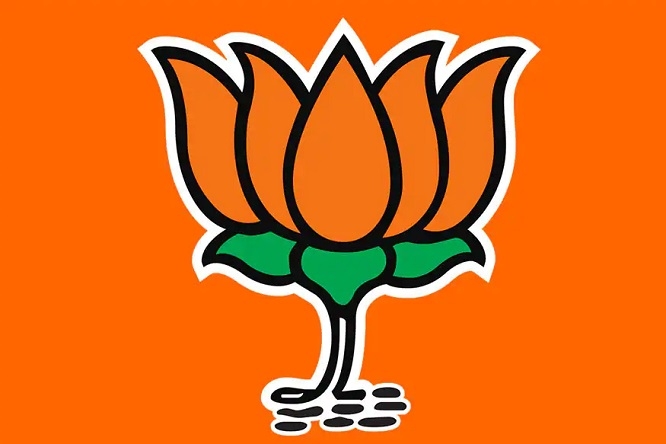Amazing story
10 Dec 2022 10:03:05

THAT the Bharatiya Janata Party (BJP) has defied in Gujarat the general logic of anti-incumbency factor affecting electoral prospects of the party in power, is certainly an amazing phenomenon in Indian politics. The Gujarat elections this time have given the BJP a seventh consecutive term in power with a record-breaking vote-share, proving wrong many predictions to the contrary. This will certainly put to work a whole army of political analysts to know what actually made such a performance possible. The issue, however, is not of performance by the BJP Governments for the past two-and-a-half decades; it is of how the BJP could keep its influence on the minds of Gujarati population intact and growing all these years. This should, thus, be considered a good example of classicism in democratic governance where the common people feel emotionally so deeply connected with a political party for such a long, unbroken period. This is not a miracle, but a practical reality made possible by dedicated service to the people. For every political organisation, this should be treated as a lesson to learn, example to emulate. As watchers of public affairs, we are not willing to attribute all the success to what has come to be called the Modi factor, or Modi magic.
We would be interested in analysing what steps the BJP took to change the scenario so dramatically in just five years. Of course, what happened in the last five years has also to be seen in the light of what kept happening in the previous two decades and more -- in the party and the State of Gujarat. True, in 2017, there was a dip in the BJP’s seats. That was also the time when the Congress party also won as many as 77 seats against the BJP’s 99. But that dip served as a genuine wake up call for the party which made conscious effort to alter its organisational management style and rebuilt rank and cadre to achieve a scintillating performance in the just-concluded elections. The innovative approach the party adopted to its internal systems and their external effects made all the difference. It must be said in all frankness that the BJP’s organisational managers were absolutely ruthless in effecting changes necessary to keep the party’s internal machinery absolutely spic-and-span and battle-ready.
They did not mind changing Chief Ministers and ministers. They did not mind making their senior leaders at sit at home. They did not mind bringing in totally new or young faces to replace the older ones. And all this was done with a keen eye on the popular mood -- as if the BJP leadership team had a microscopic view of the people’s minds and new how that mental chemistry was shaping up. And all changes in personnel positioning were made with that awareness. The best example of this ruthlessness came when the BJP leadership asked many party stalwarts not to seek party tickets for elections and concede space to others. That did lead to suspicion that there could be multiple revolts in the party. That did not take place because every person was fully aware of the merit of the leadership of Mr. Narendra Modi. Everybody agreed to behave, and also helped the party during the electoral campaign.
This could happen simply because the BJP in Gujarat was fully galvanised in to achieve a common purpose that rose above the personal angles. (However, this could not be achieved in Himachal Pradesh, for which the party paid a heavy price). Another aspect that made all the positive difference was the close connect the party achieved with the common people of Gujarat. That led the party to take decisions in absolute sync with popular mood. Even as many massive projects such as manufacturing facility for Airbus aircraft were launched in the State, the common people also had their own fill of the State’s welfare-mindedness. Every Gujarati person -- man or woman, young or old -- felt connected to the BJP as well as Narendrabhai. And what made a critical difference was Mr. Modi’s assertion time and again, in effect, that ‘Narendra is working hard to help Bhupendra (Patel -- Chief Minister) to break his (Narendra’s) electoral record’. That clicked with the masses. For, the message was that the BJP does not indulge in personalised thinking or personality politics. How can the anti-incumbency factor affect such a party?